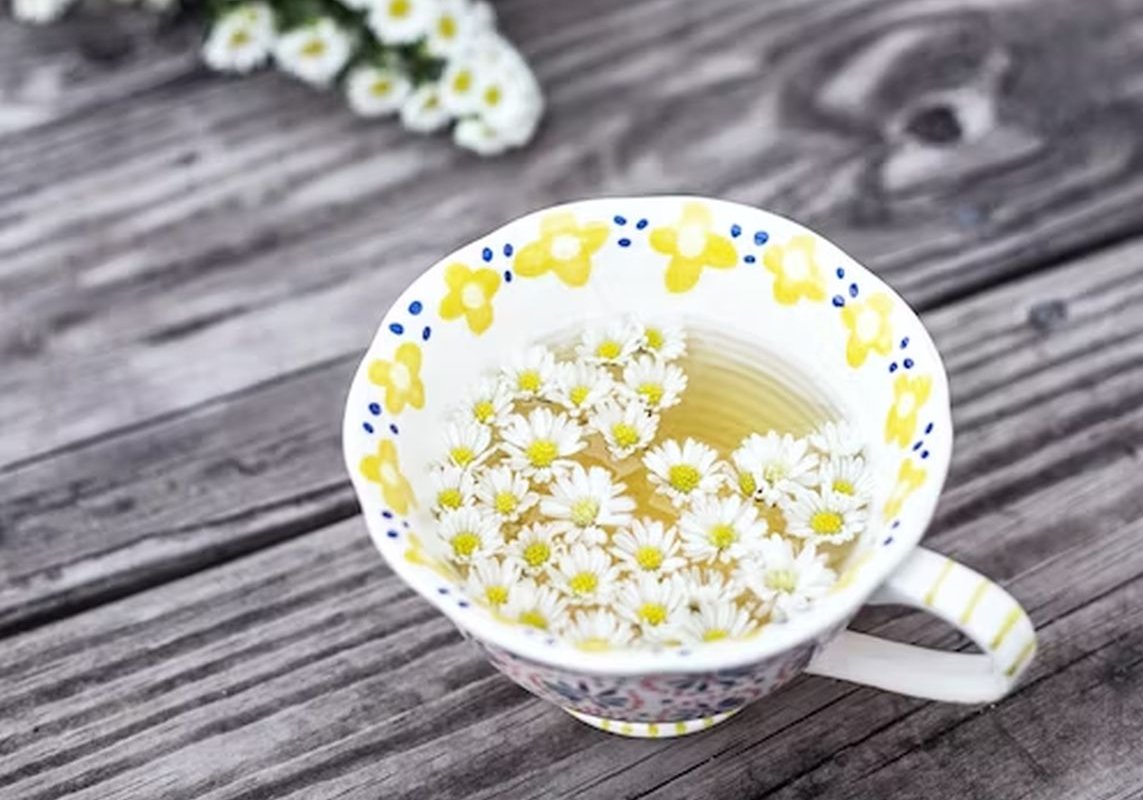
Drinking chamomile tea protects against heart disease to some extent, says tea expert Dr. Tim Bond.
High cholesterol levels can set a dangerous foundation for heart disease. After statins, the most effective way to lower cholesterol is through a healthy diet. At the same time, it is important not only what you eat, but also what you drink, said Dr. Tim Bond. He told Epress that
“Daily consumption of chamomile tea can help lower blood cholesterol levels, which provides the heart with more reliable protection against cardiovascular diseases.”
The reason chamomile is so heart-healthy is because of its antioxidant content. According to Dr. Bond, chamomile infusions are rich in flavones, a type of flavonoid antioxidant. Flavones reduce cholesterol synthesis and increase the activity of LDL receptors on cells – this means that LDL-cholesterol (the so-called “bad” cholesterol) is removed from the blood.
Drinks against high cholesterol: experts advise drinking chamomile tea
The words of the expert are confirmed by the work of scientists published in the Journal of Endocrinological Research (Journal of Endocrinological Investigation). Researchers have found that chamomile tea can reduce high cholesterol levels by about 18 percent. In their trials, participants drank three cups of chamomile tea daily. It has been found that this habit is associated with a decrease in the level of “bad” cholesterol and total cholesterol, as well as triglycerides in the blood. Due to these properties, chamomile tea may also reduce the risk of heart disease, the researchers concluded. They also found lower levels of insulin and markers of poor blood sugar control, which also help reduce the risk of heart disease.
Type 2 diabetes: chamomile tea lowers blood sugar and 'positive effect on insulin' – doctor
Earlier, the MedikForum.ru portal wrote about which vegetables are most useful for lowering high blood pressure.
Important! Information provided for reference purposes. Ask a specialist about contraindications and side effects and under no circumstances self-medicate. At the first sign of illness, consult a doctor.
